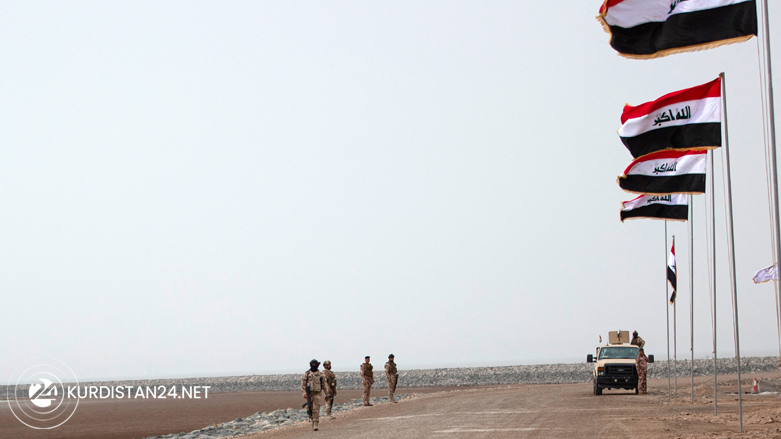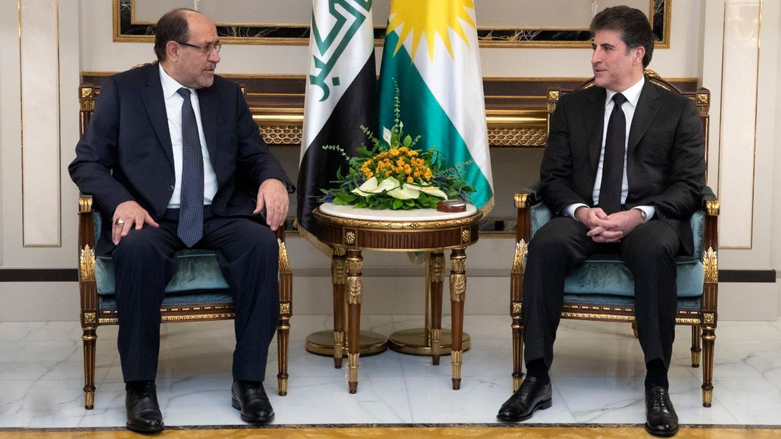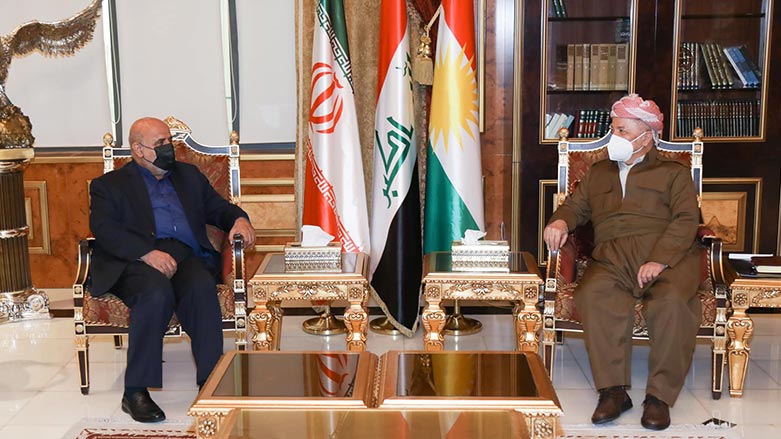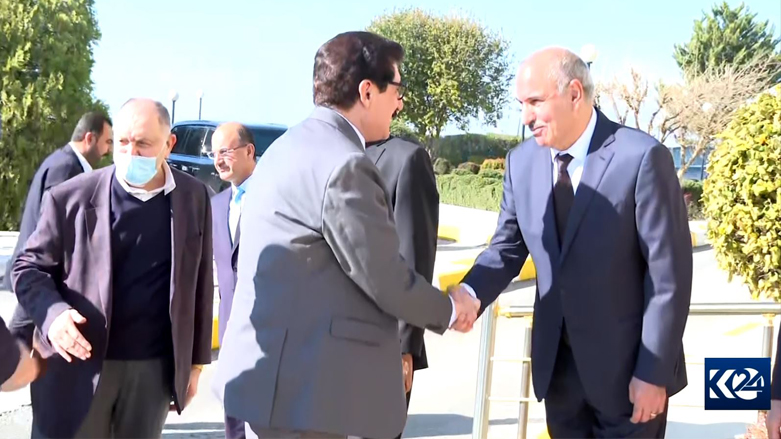Peshmerga warns of rising ISIS threat in post-election Iraq

ERBIL (Kurdistan 24) – The Islamic State (ISIS) could attempt a resurgence in Iraq if the ongoing post-election dispute results in instability or even armed conflict, a Peshmerga spokesperson warned on Wednesday.
Iraq’s Independent High Electoral Commission (IHEC) announced the final preliminary results of Iraq’s early parliamentary elections on Oct. 16. Iran-backed Shia parties lost a large number of seats compared to the 2018 election.
As a result, leaders of these parties, their supporters and militias took to the streets of Baghdad, demanding a recount of the vote and accusing the electoral commission of “playing with the results”.
ISIS is waiting for these protests to generate instability and possible armed conflict in the country so it can take advantage of it, Colonel Osman Mohammad, the spokesperson of Peshmerga ministry, told Kurdistan 24 on Wednesday.
“It is during these times that ISIS can and is willing to pose threats in those areas in which it wants to do so,” Mohammad said.
The Peshmerga official also said that all sides in Iraq need to be “more vigilant than before” regarding the ISIS threat in the post-election period.
The commission, after reviewing all the electoral complaints, will announce the final election results and send it to the Iraqi federal Supreme Court for approval.
While ISIS lost all the Iraqi territory it conquered for its so-called caliphate by 2017, remnants of the group are still operating in Iraq and launch hit-and-run attacks against Iraqi and Peshmerga forces.



